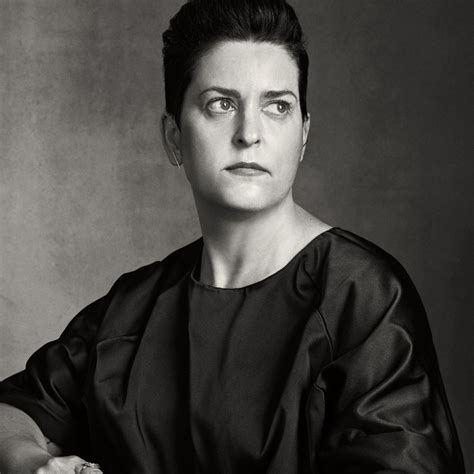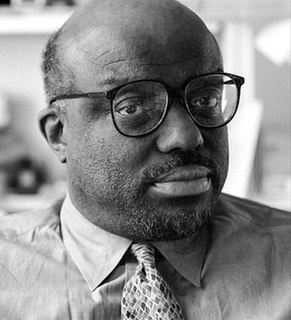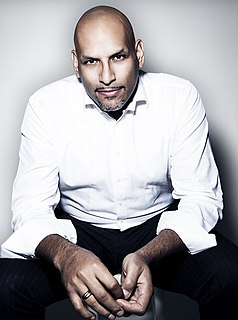A Quote by Amy Tan
You have to be your own person. You can't let people's opinions determine how you think about yourself. There's a difference between identity and self-identity.
Related Quotes
Why would one's identity be a matter of feelings? I think that that's a misuse of terms, philosophically. Identity is mind independent. It's something that is objective, regardless of how you feel. So, the term gender identity seems to me to be something of an oxymoron. It's not really about one's identity. It's rather a matter of one's self-perception or one's feelings about oneself.
The identity of just one thing, the "clash of civilization" view that you're a Muslim or a Hindu or a Buddhist or a Christian, I think that's such a limited way of seeing humanity, and schools have the opportunity to bring out the fact that we have hundreds of identities. We have our national identity. We have our cultural identity, linguistic identity, religious identity. Yes, cultural identity, professional identity, all kinds of ways.
When it comes to identity, that was an issue that plagued me for a lot of my life. It's something that I wanted to tap into. Film can really take you to other places, and sometimes that's necessary to understand your own identity or someone else's identity or just the issue of identity, in general. It takes you. It's borderless. It's boundless. It's universal.
This film isn't about "white racism", or racism at all. DEAR WHITE PEOPLE is about identity. It's about the difference between how the mass culture responds to a person because of their race and who they understand themselves to truly be. And this societal conflict appears to be one that many share.
Give up the idea of being a person, that is all. You need not become what you are anyhow. There is the identity of what you are and there is the person superimposed on it. All you know is the person, the identity - which is not a person - you do not know, for you never doubted, never asked yourself the crucial question: 'Who am I?'
More platform-sensitive generations will make distinctions between online and in-person intimacy, whereas fourteen-year-olds have very nuanced online selves and might embody their virtual identity in the physical, analogue version of themselves. They have a much more pluralistic understanding of the self. I don't think we'd be here now in this amazing sexual and gender revolution without the online space where young people can see and share other versions of identity and sexuality.
I see fashion as a proclamation or manifestation of identity, so, as long as identities are important, fashion will continue to be important. The link between fashion and identity begins to get real interesting, however, in the case of people who don't fall clearly into a culturally-recognized identity.






































